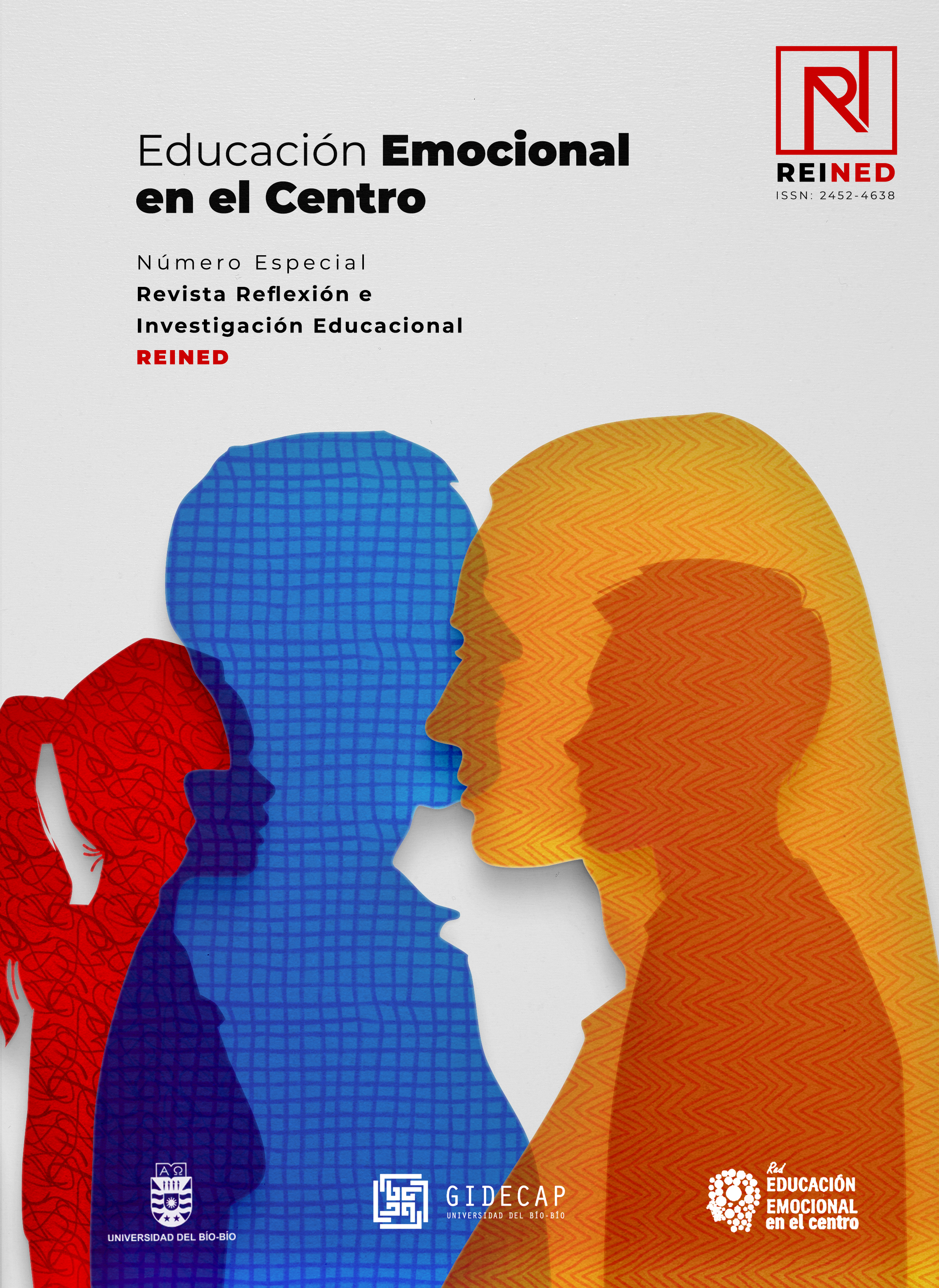CHALLENGES OF THE NATIONAL POLICY FOR EDUCATIONAL COEXISTENCE (PNCE)
Main Article Content
Abstract
The updating of the National Policy on Educational Coexistence (PNCE) is achieved through a participatory process, focused on the reflection of the different actors of the educational community. Its objective is to promote an educational coexistence that contemplates processes of reflection of the communities on their pedagogical practices and management processes, based on the principles of collective care and inclusion, which allow the development of a set of knowledge, skills and attitudes that are fundamental for the continuous transformation of relationships that contribute to life in a democratic society. The PNCE invites to move from a reactive to a preventive approach and from a punitive to a formative approach to educational coexistence, always considering that coexistence is learned and taught. Its structure emphasizes ethics as a central dimension of the process. Each of these dimensions contributes an essential element and represents a challenge for the realization of a policy based on values and principles such as empathy, justice and collaboration among the different strata. All these elements promote school environments that respect diversity, since it is considered that only in a context of trust and mutual respect is it possible to meet the challenges of today's society.
Article Details
References
Aguayo, P. (2015) La autoridad pedagógica desinvestida y la reconfiguración de sus legitimidades instituyente. Revista de la Academia, 19, 59-96. https://doi.org/10.25074/0196318.0.17 DOI: https://doi.org/10.25074/0196318.0.17
Carbajal, P., & Fierro, C. (2021). Modelo de convivencia para atender, prevenir y erradicar la violencia escolar. Universidad Iberoamericana León
Centro Nansen para la Paz y el Diálogo. (2020). Manual Nansen para facilitadores de diálogo y transformación de conflictos. Universidad Alberto Hurtado.
Galtung, J., & Fischer, D. (2013). Conflict transformation by peaceful means (the transcend method) (pp. 59-69). Springer Berlin Heidelberg. DOI: https://doi.org/10.1007/978-3-642-32481-9_5
Hirmas, C., & Bugueño X. (2021). Cultivar lo esencial para aprender a convivir. Guía para fortalecer los vínculos en la escuela. OEI, Ministerio de Educación.
Milicic, N., & Marchant, T (2020). Educación Emocional en el sistema escolar chileno: un desafío pendiente, en: Cervera, M.T. y Muñoz, G. (ed.). Horizontes y propuestas para transformar el sistema educativo chileno. Biblioteca del Congreso Nacional de Chile
Ministerio de Educación de Chile, MINEDUC. (2024). Política Nacional de Convivencia Educativa 2024 – 2030. https://convivenciaparaciudadania.mineduc.cl/pnce2024-2030/
Ministerio de Educación de Chile (MINEDUC) (2024). Cartilla 7. Convivencia Inclusiva: Elementos movilizadores para la reflexión y la acción. https://convivenciaparaciudadania.mineduc.cl/pnce2024-2030/
Ministerio de Educación de Chile (MINEDUC) (2024). Cartilla 11. Conformando y gestionando el equipo de convivencia educativa. https://convivenciaparaciudadania.mineduc.cl/pnce2024-2030/
MINEDUC - División de Educación General (2017). + Inclusión + Protección en la Comunidad Educativa. – Discriminación – Violencia. Orientaciones para promover espacios de participación y sana convivencia escolar. https://bibliotecadigital.mineduc.cl/bitstream/handle/20.500.12365/2269/mono-1001.pdf?sequence=1&isAllowed=y
Montecinos, C. (2021). Tips para movilizar el fortalecimiento de las unidades educativas a través del trabajo colaborativo. PUCV, Lideres Educativos.
Pinto, A. (2021). Lazos significativos entre educadores estudiantes. Herramientas para fortalecer el vínculo pedagógico. https://convivenciaparaciudadania.mineduc.cl/wp-content/uploads/2021/09/Lazos-significativos-entre-educadores-y-estudiantes.pdf
Seligman, M. E. P., & Csikszentmihalyi, M. (2000). Positive psychology: An introduction. American Psychologist, 55(1), 5–14. https://doi.org/10.1037/0003-066X.55.1.5 DOI: https://doi.org/10.1037//0003-066X.55.1.5
UNESCO (2022b). Transformar-nos. Marco para la transformación educativa basado en el aprendizaje socioemocional en América Latina y el Caribe. https://www.unesco.org/es/articles/transformar-nos-marco-para-la-transformacion-educativa-basado-en-el-aprendizaje-socioemocional-en
Zamora, G., & Zerón, A. (2010). Caracterización y sentido actual de la autoridad pedagógica en escuelas chilenas de sectores de pobreza. Revista Española de Pedagogía, 68(245), 99-116. http://www.jstor.org/stable/23766275

